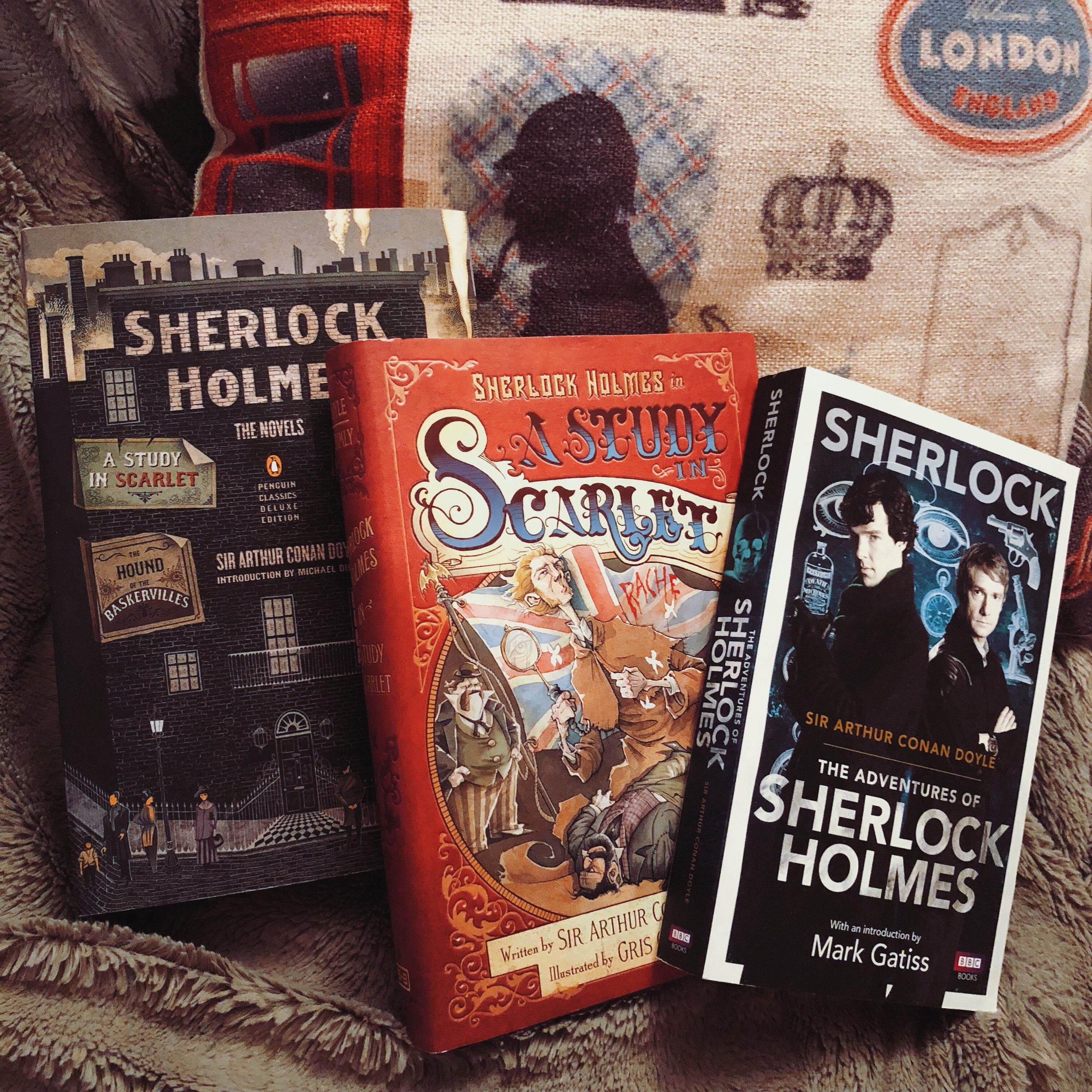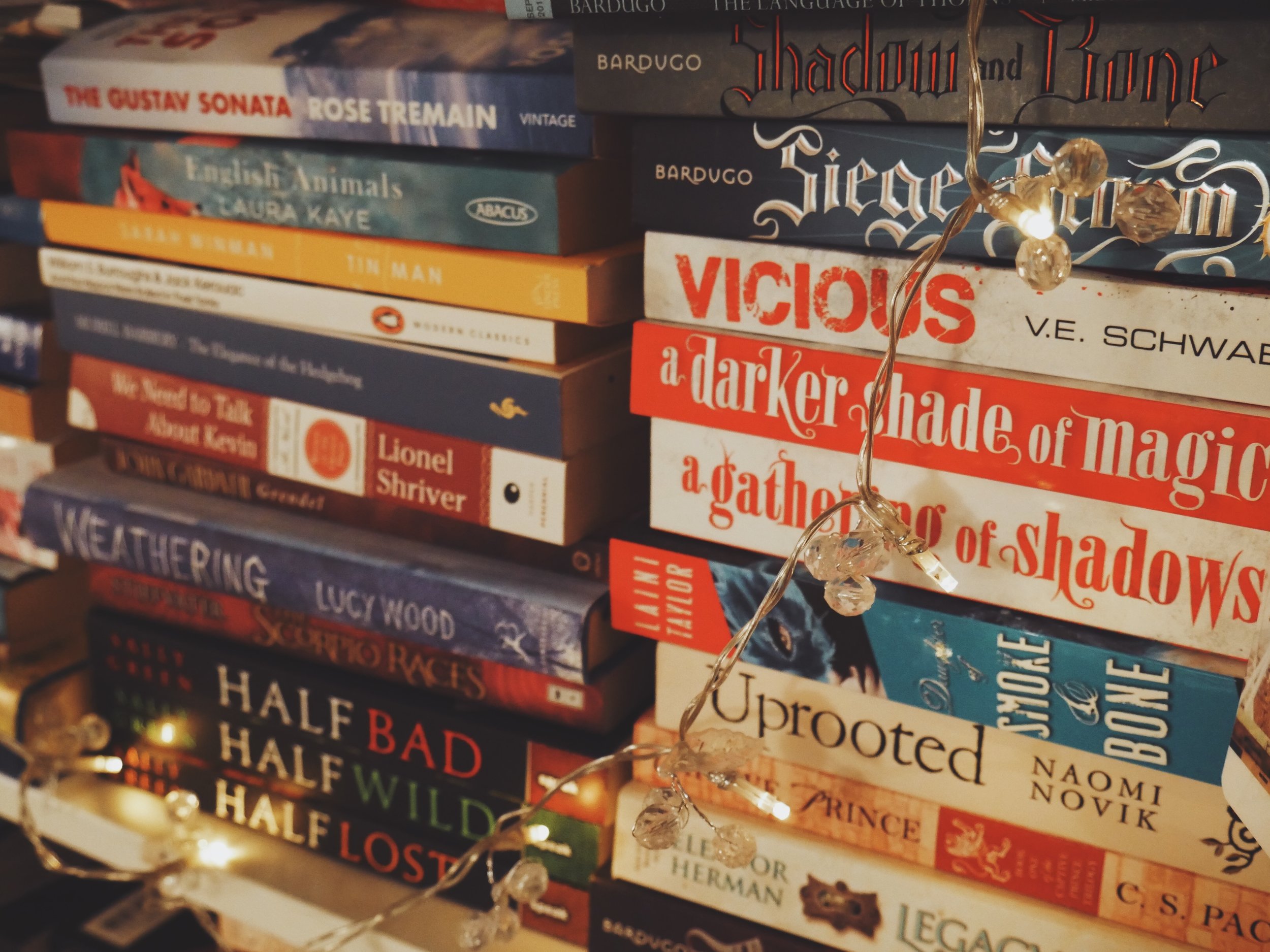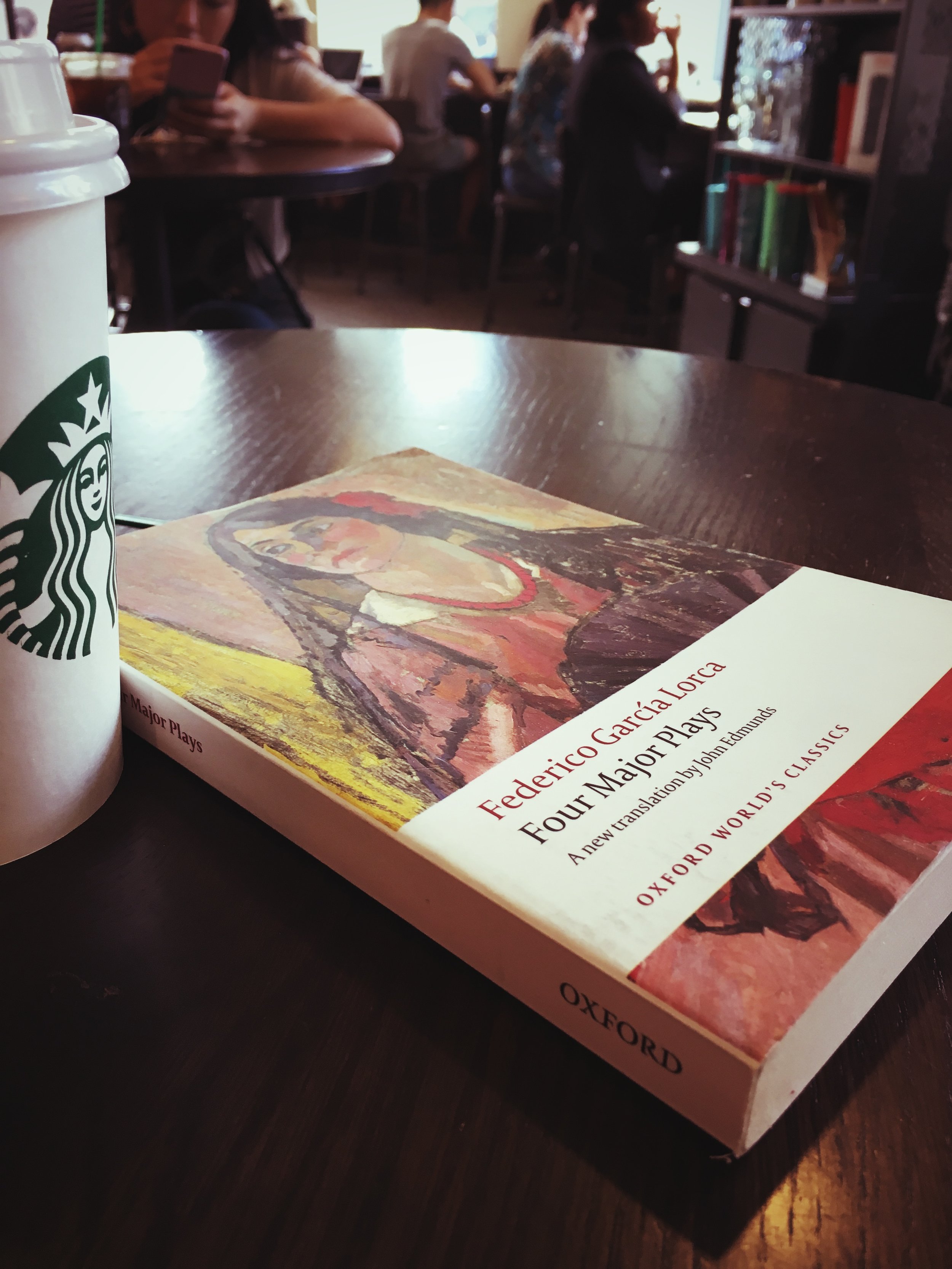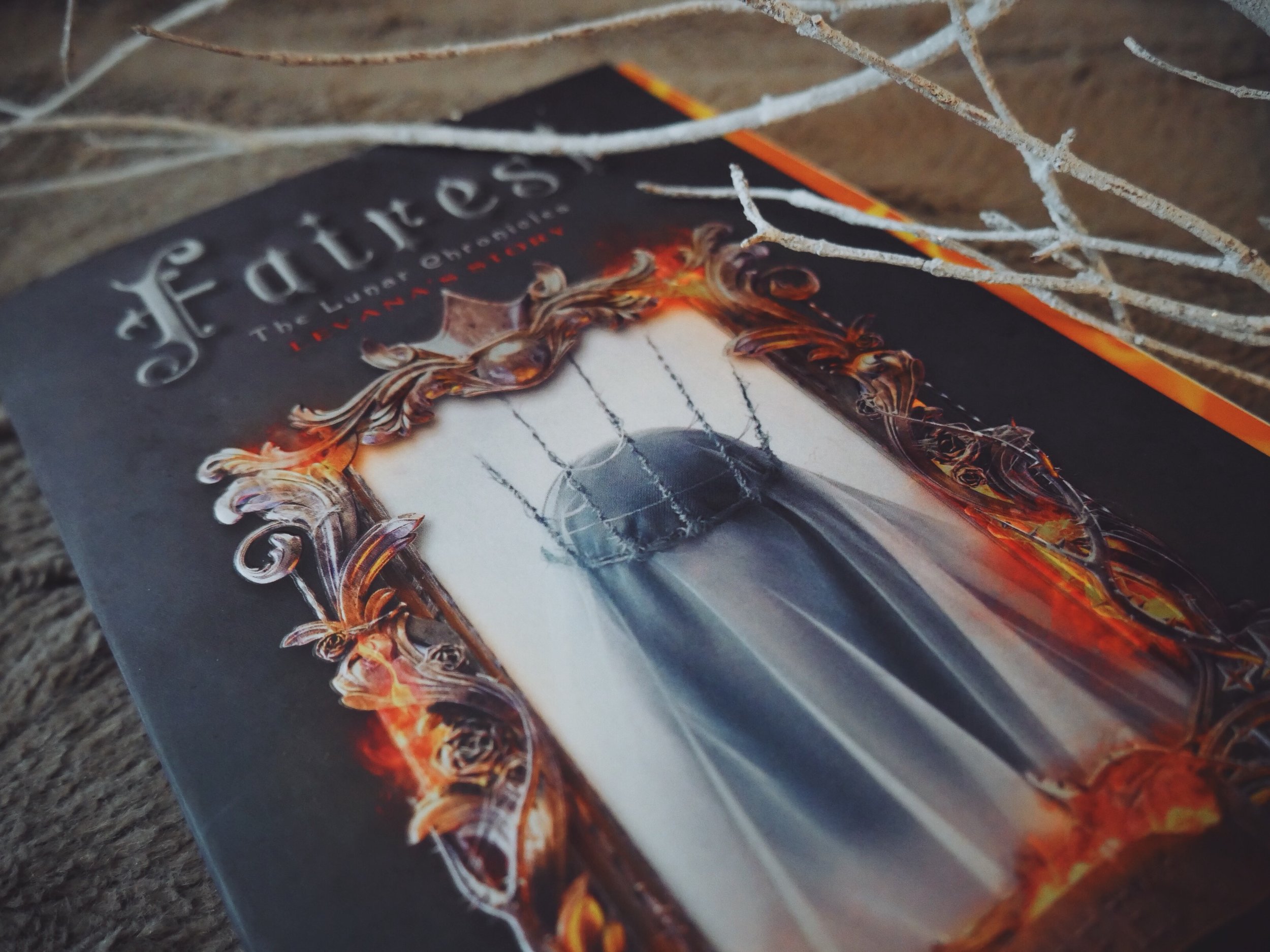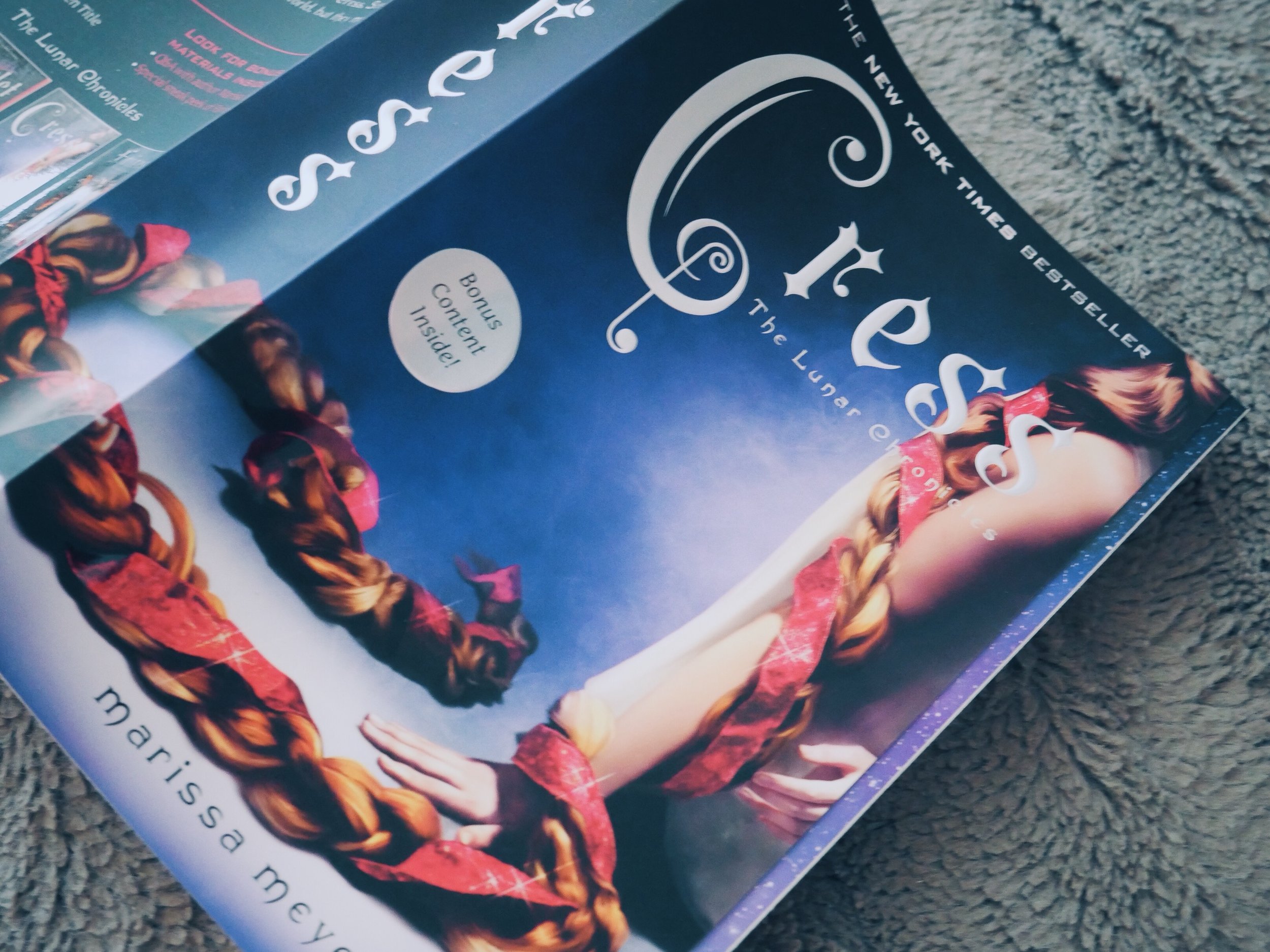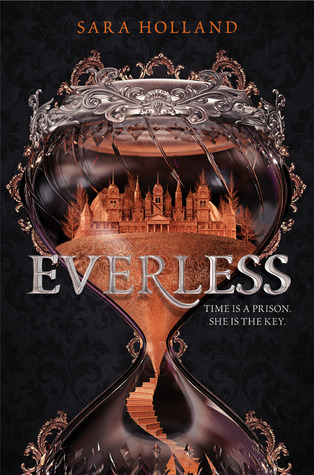
This year has been rather generous on new young adult fantasy series. One of the early 2018 debut novels is Everless by Sara Holland. I saw this book pop up a lot on BookTube, which, naturally, attracted me to it. Everless came out in January, but I only finished it in summer, even though it was readily available at my library.
Synopsis
In the kingdom of Sempera, time is currency—extracted from blood, bound to iron, and consumed to add time to one’s own lifespan. The rich aristocracy, like the Gerlings, tax the poor to the hilt, extending their own lives by centuries.
No one resents the Gerlings more than Jules Ember. A decade ago, she and her father were servants at Everless, the Gerlings’ palatial estate, until a fateful accident forced them to flee in the dead of night. When Jules discovers that her father is dying, she knows that she must return to Everless to earn more time for him before she loses him forever.
But going back to Everless brings more danger—and temptation—than Jules could have ever imagined. Soon she’s caught in a tangle of violent secrets and finds her heart torn between two people she thought she’d never see again. Her decisions have the power to change her fate—and the fate of time itself.
Review
I read the first hundred pages or so of Everless almost in one go and then got stuck. The beginning was engaging and well written, however very quickly the book fell into the pit of tropes and cliches.
We have a female protagonist, Jules, who is repeatedly told not to go to the Gerlings’ estate by her father, but, naturally, it is the only way to help her father, and Jules goes against his wishes. Of course, there is more to the story: half-forgotten memories and old friendships. There is a crush that happens unexpectedly for Jules - but can be seen a mile away by the reader. There is an obvious love triangle, which includes a naive but well-wishing girl, a good boy, and an archetypical bad boy.
For some reason, the very beginning of Everless reminded me Red Queen by Victoria Aveyard. Perhaps, it was the idea of a girl with unknown powers going to the very place she should avoid at all costs and working as a servant. Even a love triangle was similar. But, naturally, the plot was different.
You can imagine that with that type of a setting, I was rolling my eyes a lot. But I have little patience for cliches. I must say, however, that for a debut novel Sara Holland did an excellent job with creating the world and her writing style is light enough that the book flows well. It is an easy read which helped me finish it eventually.
The magic system of this world, which is connected directly to the society and economic structure, is what makes Everless stand out from other young adult fantasy novels. I liked the idea of blood being tied directly to years of life that could be turned into a coin and used to pay for things. It is a fascinating concept. Unfortunately, everything else in Everless was cliched.
I guess about the betrayal long before it happened. I knew who would turn out to be a villain. I did enjoy the experience of reading this book, though, so I plan on continuing with the series. My favourite part was when Jules explored an abandoned town and the scene with the Queen.
I think that overall for me Everless was more about the world building than characters or plot. I want to see more of that world developed and explored. I feel that the author has the potential of making this story much better. Everless may not be the book I would want to own, but I am looking forward to the sequel.
Rating: 3 stars
Links:


